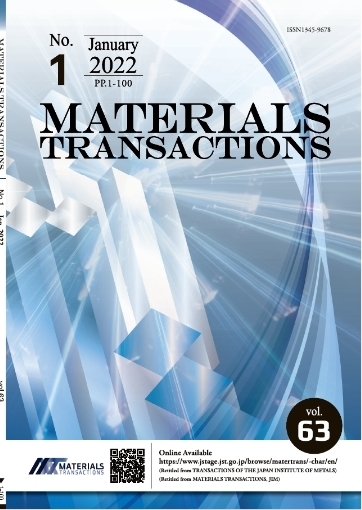Structure, Dye Degradation Activity and Stability of Oxygen Defective BaFeO3−x
Mengmeng Sun, Yinshan Jiang, Fangfei Li, Maosheng Xia, Bing Xue, Darui Liu
pp. 1981-1989
Abstract
The structure, dye degradation activity and stability of oxygen defective BaFeO3−x was investigated. The pure perovskite BaFeO3−x was synthesized at 700°C. With further increase in temperature, the oxygen loss occurred, and then the instability of BaFeO3−x was improved due to the change in crystal structure. BaFeO3−x can degrade methyl orange in the dark, and the degradation rate can be improved under visible light due to the optical property of BaFeO3−x. This degradation was caused by the transformation from Fe4+ to Fe3+ to some extent which was related with the structural transition of BaFeO3−x. So the reducibility of BaFeO3−x functions in dye degradation. The oxygen loss accelerated the structural transition and the photo-assisted degradation activity of BaFeO3−x. The instable Ba2+ also improves the instability of BaFeO3−x.
Readers Who Read This Article Also Read
MATERIALS TRANSACTIONS Vol.52(2011), No.5
MATERIALS TRANSACTIONS Vol.52(2011), No.5
MATERIALS TRANSACTIONS Vol.52(2011), No.6










